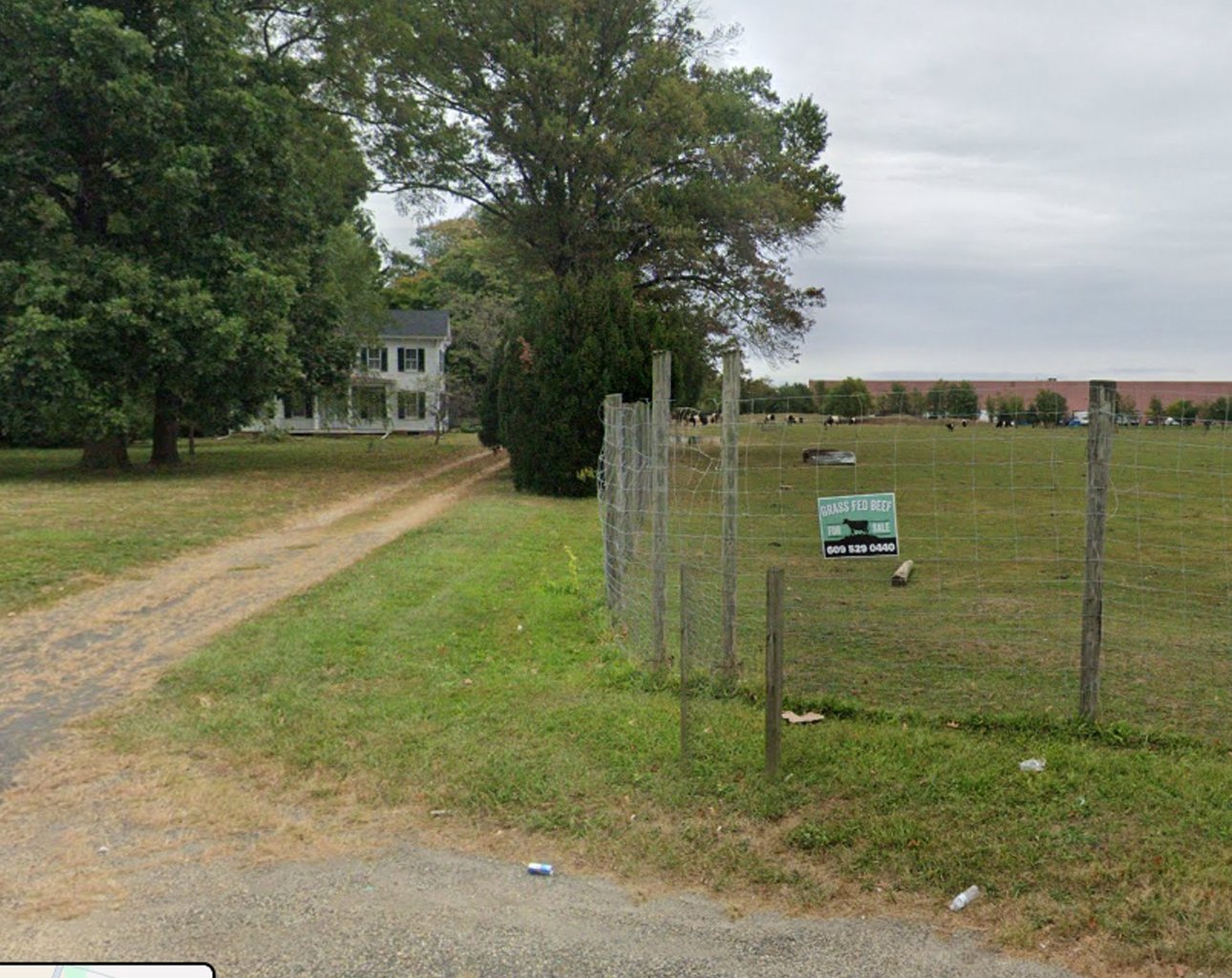TRENTON, NJ — Lawmakers from New Jersey’s 24th Legislative District strongly opposed a proposed eminent domain action in Cranbury Township that would allow high-density housing to be built on a 175-year-old family farm.
State Senator Parker Space, Assemblywoman Dawn Fantasia, and Assemblyman Michael Inganamort criticized the move as an example of government overreach resulting from the state’s low-income housing mandates. The lawmakers issued statements Tuesday condemning the potential seizure of farmland for housing development under a recent law.
The Democratic-led Cranbury Township Committee has included the farm on a list of properties targeted for potential affordable housing construction. If the landowners decline to sell, officials say eminent domain could be used to acquire the land.
“Stripping an individual of one’s land through eminent domain to build high-density housing for others is the very definition of government overreach,” said Senator Space.
Concerns tied to housing law A4
The lawmakers tied the proposed action to Assembly Bill 4, signed into law last year, which increased municipal housing obligations statewide. Critics argue the law places unrealistic demands on rural communities, forcing towns to meet housing quotas by developing farmland and open space.
“Government seizing someone’s land—especially farmland that’s been cultivated for generations—for overdevelopment is morally repugnant,” said Assemblywoman Fantasia. She said the A4 law set a dangerous precedent for land acquisition under the banner of affordable housing.
Cranbury officials have not publicly confirmed plans to begin eminent domain proceedings but have included the farm in planning documents related to meeting state housing obligations.
Property rights and rural development tensions
Assemblyman Inganamort warned that forced development threatens the character of agricultural communities. “This is taking the garden right out of the Garden State,” he said, echoing concerns among rural landowners that their property rights are at risk.
The lawmakers vowed to continue opposing state-mandated housing developments that affect farmland and voiced renewed calls to revisit the housing requirements imposed by A4.
